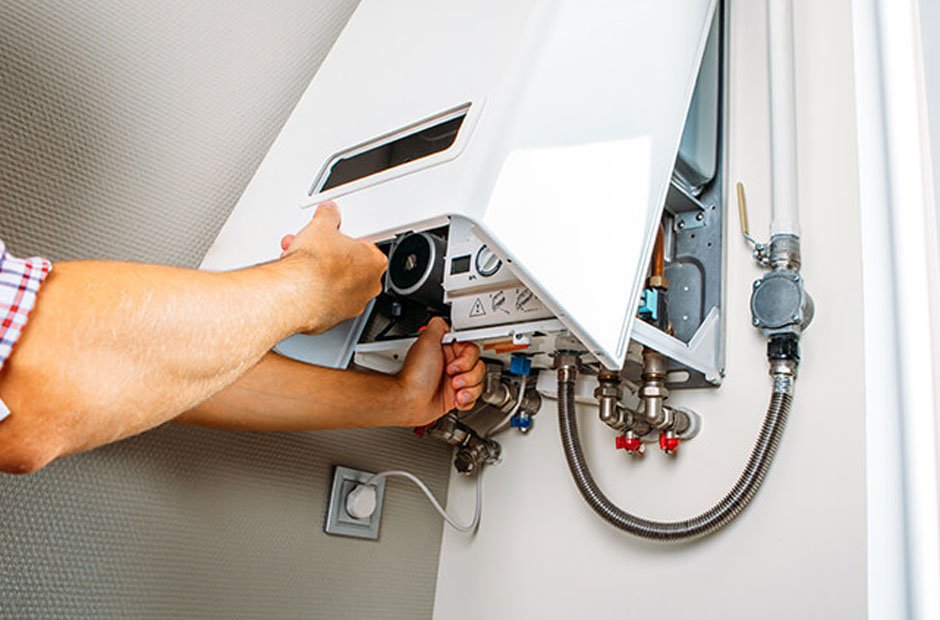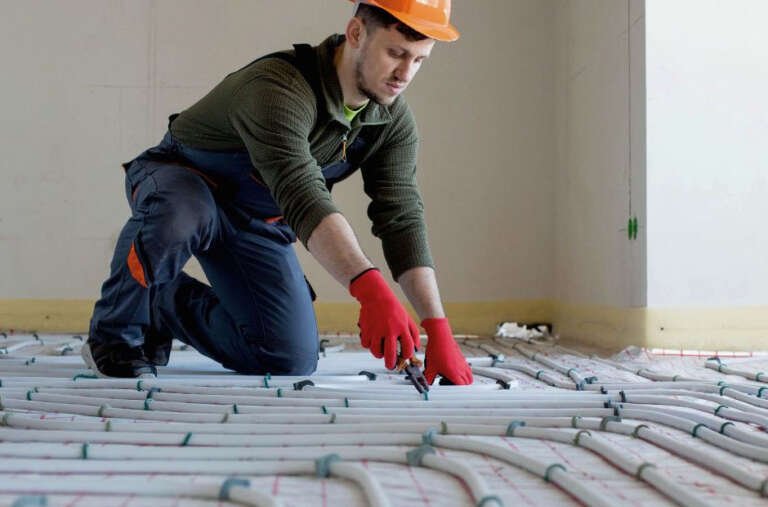As the winter months approach, homeowners start to prepare for colder weather by ensuring their heating system is in good working condition. However, some may find themselves needing a completely new heating system installation. This can be quite an investment and it’s important to understand the cost factors involved in this process. In this guide, we will break down the main factors that contribute to the cost of heating services.
1. Type of Heating System
The type of heating system you choose will greatly impact the overall cost of heating installation services in Baytown, TX. There are various options available such as heat pumps, furnaces, boilers, and more. Each of these systems has different upfront costs, but they also have varying levels of energy efficiency and potential long-term savings. It’s important to research and weigh the pros and cons of each type before making a decision.
2. Size of Your Home
The size of your home plays a crucial role in determining the cost of heating services. A larger home will require a bigger heating system, which will result in higher installation costs. Additionally, homes with multiple stories or complex layouts may also require additional equipment or modifications, further increasing the cost.
3. Current Heating System
The condition of your current heating system can also affect the cost of installation. If you are replacing an old and outdated system, it may require more work to remove and replace, which can increase the overall cost. On the other hand, if you are upgrading to a new system that is compatible with your existing ductwork and infrastructure, the cost may be lower.
4. Ductwork
Properly functioning ductwork is crucial for an efficient heating system. If your home’s current ductwork is damaged or not up to code, it will need to be repaired or replaced before a new heating system can be installed. This additional step can add to the overall cost of installation.
5. Energy Efficiency
Investing in an energy-efficient system may have a higher initial cost, but it can save money spent on your energy bills. High-efficiency systems use less energy to heat your home, resulting in lower utility costs. It’s important to consider not just the immediate cost, but also the potential long-term savings when choosing a heating system.
6. Permits and Codes
Depending on where you live, there may be specific permits and codes required for installing a new heating system. These costs can vary greatly depending on your location and the type of system being installed. It’s important to factor in these additional expenses when budgeting for your installation.
7. Labor Costs
The labor costs for heating services will also impact the overall cost. The complexity of the job, as well as the experience and expertise of the technicians, can affect these costs. It’s important to choose a reputable and experienced company to ensure a quality installation.
8. Maintenance and Warranty Plans
Once your new heating system is installed, it’s important to consider the costs of maintenance and warranty plans. These plans can help you avoid unexpected heating repair costs in the future and ensure that your system is running efficiently. While they may add to the upfront cost, they can save you money in the long run.
Heating services are a significant investment for homeowners, but understanding the cost factors involved can help you make an informed decision. It’s important to research and compare different types of heating systems, as well as consider the size of your home, current system, ductwork, energy efficiency, permits and codes, labor costs, and maintenance plans. By considering all these factors, you can choose a heating system that fits your budget and meets your needs.
Are you in need of heating services? Contact the team at Ainsworth & Co. at 281-837-8454 today to schedule a consultation and receive a quote. Don’t wait until it’s too late, ensure your home is warm and cozy this winter with professional services.








